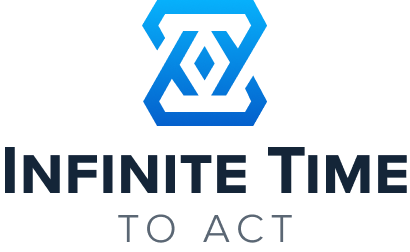New York is weighing a bill that could set a precedent for integrating blockchain into state-level electoral systems, as interest in secure, decentralised technologies gains ground across the United States.
Assembly Bill A7716, introduced on Tuesday by Assemblymember Clyde Vanel (D-33), proposes a formal study on how blockchain could strengthen voter data protection and electoral transparency.
If passed, the bill would require the New York State Board of Elections to deliver a comprehensive report within 12 months, examining blockchain’s role in safeguarding election records and data integrity.
This legislative move is part of a broader trend in which US states are exploring blockchain and digital assets in public sector infrastructure, from voting systems to Bitcoin reserves.
Bill orders 12-month blockchain study
Filed on March 26, A7716 tasks the Board of Elections with evaluating blockchain’s ability to create an immutable, cryptographically secure, and auditable record for elections.
The bill describes blockchain as a system that preserves an “uncensored truth”, referencing its decentralised and tamper-resistant structure.
The proposed study would be conducted in collaboration with the Office of Information Technology Services and informed by external experts in blockchain, cybersecurity, and election systems.
The legislation is currently under review by the Assembly Election Law Committee and must pass both legislative chambers before reaching the governor for final approval.
Should the bill pass into law, the Board would be legally obligated to report its findings by 2026.
This would include case studies from other jurisdictions that have trialled or implemented blockchain for voting or voter verification systems.
States expand blockchain laws
New York’s proposal comes as several US states are expanding blockchain legislation into financial infrastructure.
While A7716 focuses on elections, Utah recently passed HB230, a law that protects digital wallets, payments, and node operations, though it excluded clauses for direct Bitcoin investment by the state.
Meanwhile, other states are moving toward formalising state-level digital asset reserves.
According to Bitcoin Law, a policy tracker, 47 Bitcoin reserve-related bills have been introduced across 26 states, with 41 still active.
This wave of legislation reflects growing interest in digital assets as a tool for financial resilience and innovation.
In Kentucky, Governor Andy Beshear signed House Bill 701—labelled the “Bitcoin Rights” bill—into law, offering protections for Bitcoin users and businesses operating within the state.
Oklahoma has followed suit with HB 1203, the Strategic Bitcoin Reserve Act, which passed the House with a 77-15 vote and is now under Senate review.
Missouri is also considering its own version of a state-backed Bitcoin reserve, while Arizona’s House Rules Committee recently cleared two Bitcoin-related bills, further cementing the technology’s appeal in policymaking circles.
New York’s past bills stalled
The bill introduced by Vanel is not the first. Similar measures have appeared in the New York legislature since 2017 but have failed to progress.
However, a broader shift in sentiment towards blockchain adoption, driven by both private sector use cases and federal engagement, may provide A7716 with a more favourable trajectory.
In March, former President Donald Trump issued an executive order calling for the creation of a Strategic Bitcoin Reserve, signalling growing federal interest in decentralised digital infrastructure.
That directive has sparked new attention on how blockchain might serve national and state-level interests in both security and economic contexts.
If New York’s proposed study concludes that blockchain offers practical benefits for elections, it could trigger further legislation to trial or deploy such systems in future voting cycles.
The post New York bill calls for 12-month blockchain election study appeared first on Invezz






